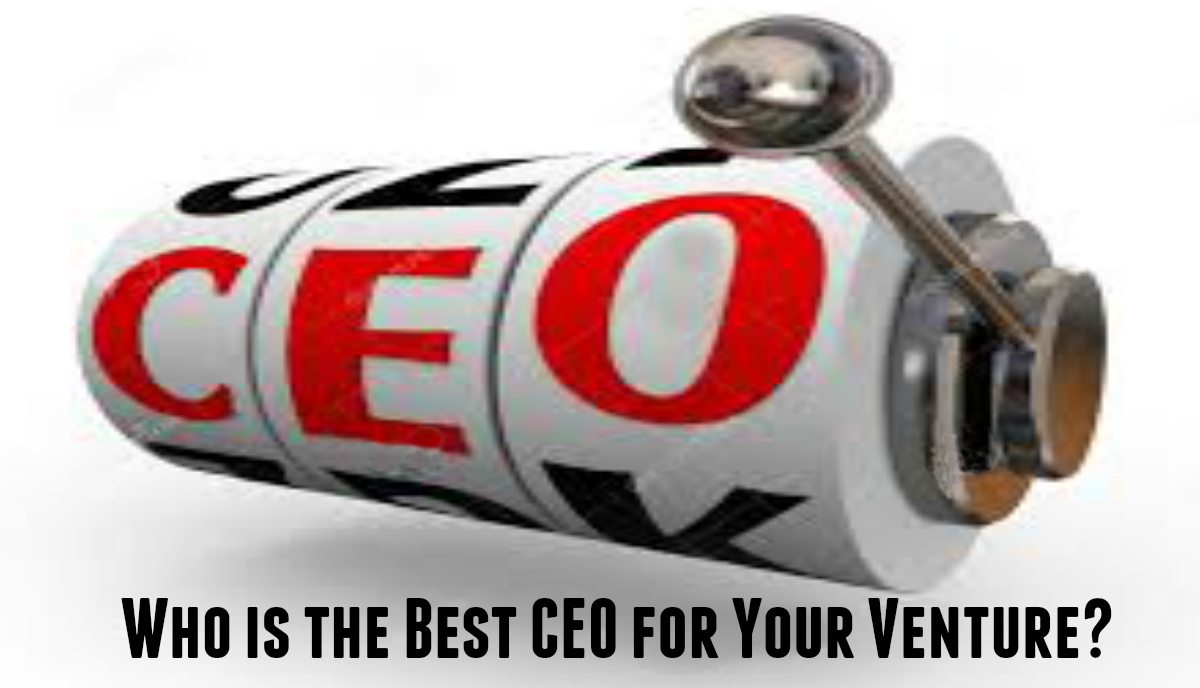A CEO’s job is to build long term value in their company. Yet many CEOs fail. Having the right CEO to lead a company is critical to a venture’s success. The wrong CEO can be disastrous. Learn to spot the red flags, and ask the right questions to understand who the best CEO is to lead your venture towards exceptional long term value.
- CEO case example: American Apparel CEO ousting overview
- The 4 archetypes of CEOs:
- Naked Emperor CEO: Typically rule by fear, and need ‘yes men’ around them. Tend to rest on their laurels. Fear change and innovation and highly vulnerable to ‘scoundrels’ or competitive opportunists
- Firefighter CEO: Put forth an inordinate amount of effort on tactical ‘fires’ in front of them and often neglect the greater forest.
- Dinosaur CEO: Older CEOs who have been content with their earlier successes and haven’t seen any value in staying on the forefront of their industry or investing in innovation. They have long since become ‘extinct’/obsolete in their industry and excuse their lack of current results or leadership with their ‘good intentions.’
- Benevolent Dictator: What every good CEO and leader should strive to be. An effective leader who prioritizes the long term value and needs of the venture above any short term or individual want. Benevolent Dictator
- CEO founders — These CEO’s have a passion for product, but to what end? Good business decisions must be made devoid of passion. Young ones lack experience, and can be hindered by their own hubris.
- CEO hires — Leading a public company is a fundamentally different type of company to run than a private one.
- Key CEO questions:
- Are you making excuses or taking responsibility?
- How much does experience matter?
- How much does management skill matter?
- Company needs are different at different times: A public company is a different beast and generally best run by a different person than when it was a private one. The average company that goes public is on its 3rd CEO by the time they go public.
- Many CEOs fail at their core job of adding long term value to their venture. Most people think their bosses suck, so when staring a company, they think they can do it better. And, why not? You might think you are pretty smart, and what the hell do those older folks know anyway. They are old and out of touch, but experience still counts, and it is the smart person who knows what they don’t know so that they can hire it.
Key to a good CEO is prior assessment as whether or not they are the right person to be at the helm. A good hire must be more than a short term PR move.
